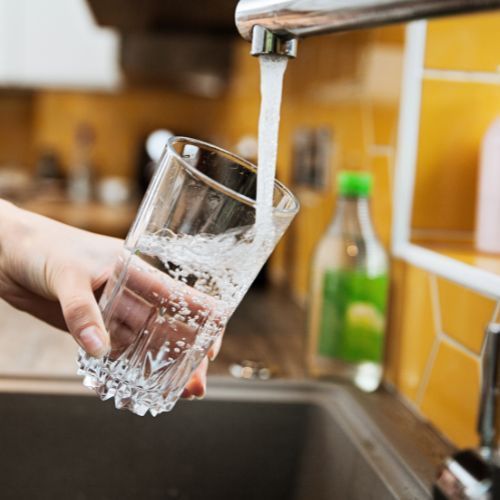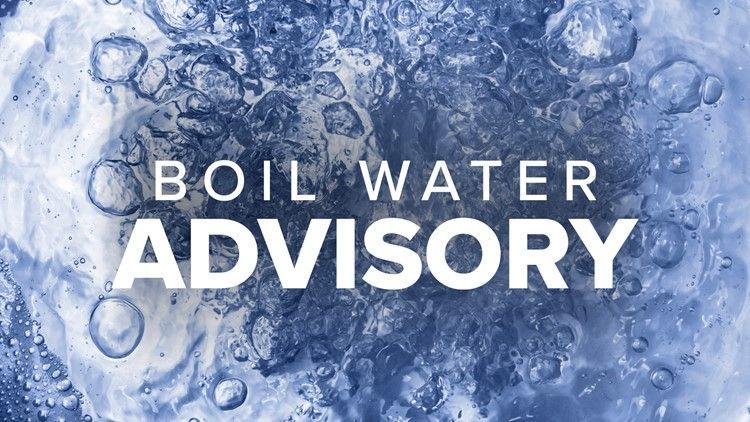safe ~ Smart ~ filtered
We’ll test your water, discuss your needs and help you choose what's best for you, your family and your business!
Serving Florida and beyond....
COMMERCIAL
RESIDENTIAL~MEDICAL
Change your lifestyle with a water filtration system installation
Serving All of Florida and beyond.....
Raising the Standard on Drinking Water
If you’ve been wondering about the quality of your water, now’s the time to set up Safeway Water filtration services. Safeway Water Technologies/Fix Any Water offers a wide range of filtration systems and services. These include Safeway Water Softeners, RO (Reverse Osmosis), All-in-One (AiO) systems for iron and sulfur, deionized water, whole home systems, UV light systems, salt, service, repairs and specialized systems all based on your needs. All available in residential, medical (ST108) and commercial. We also provide water testing to know your water’s pH levels, hardness, TDS, chlorine level, bacteria level and more. We use these tests to find the ideal water treatment service for you.
Use a water filtration system for a sustainable future
Did you know that relying on bottled water is harming our ecosystem? You and you business can be part of the solution by switching from bottled to filtered water. Fix Any Water can help you find the right water filter system installation for your home, office and business.

Explore our custom filter
installation process
Safeway Water Technologies never cuts corners on our water filter system installations.
Trust us to go through each of the following steps:
Consultation: We’ll arrange a time to discuss your goals and current water system.
Evaluation: We’ll look at any existing water equipment and investigate your current water source.
Water testing: We’ll test your water for pH level, sulfur, chlorine, iron, hardness, TDS and more.
Custom system design: We’ll create a custom water filtration and/or purification system for your property.
Installation: We’ll handle the water system installation, connecting it to the main water supply line.


Get a free estimate on your water filter system installation
by calling 866-928-3795 now.
Or our local offices:
In Deland area - 386-279-4040
In Okeechobee area - 863-532-1805
And on the west coast of Fl - 941-740-7721









